What Chinese Medicine Says About Aging
Aging Gracefully with Food, Herbs, and Exercise
In a world increasingly drawn towards ways to “reverse aging”, let’s take a minute here to reframe that, and focus on Aging Gracefully. With a natural approach emphasizing harmony between body, mind, and spirit, Chinese medicine offers valuable insights into aging and ways to support brain and body health through lifestyle choices. This article explores what Chinese Medicine teaches us about aging gracefully, and the important role of food, herbs, and exercise in maintaining vitality as we age.
Understanding Aging in Chinese Medicine
Aging is a natural process, and within Traditional Chinese Medicine (TCM), it is governed by the balance of some of out most vital energies– Qi, Jing, Yin, and Yang. As we age, these energies naturally decline and often become imbalanced, leading to various signs and symptoms associated with aging, such as cognitive decline, decreased mobility, and increased susceptibility to illness.
According to Chinese medicine principles; supporting the body's Qi, balancing Yin and Yang, nourishing Jing, and promoting a smooth flow of energy throughout the body are essential for healthy aging. This approach considers not only physical symptoms associated with aging but also emotional and spiritual well-being, recognizing the interconnectedness of all aspects of health.
Yang Sheng- Nouirshing Life
Yang Sheng (养生) is a traditional Chinese concept that translates to "nourishing life" or "cultivating life." It refers to practices and lifestyle habits that promote health, longevity, and vitality, often focusing on balancing the body, mind, and spirit. The goal of Yang Sheng is not just to treat illness but to prevent it by maintaining harmony with nature and cultivating one's energy (Qi).
In TCM, the concepts of Jing, Qi, and Yin Yang are central to understanding the aging process. A focus on invigorating Qi and nourishing Yang, is a good guideline to follow. Jing, considered our vital essence, governs our fundamental constitution, growth, and reproductive health. It is inherited from our parents at conception and gradually declines as we age. Similarly, Yin, which represents the body’s nourishing and moisturizing qualities, also tends to wane over time, often leading to symptoms like dryness, warmth, reduced mobility, and possible issues with sleep and sensory functions. Yang represents our functionality and drive, while Qi is the energetic structure that fuels and supports all bodily processes, enabling the harmonious flow of health and vitality.
Jing
Jing, often referred to as our "vital essence," governs basic constitution, growth, development, and reproductive health. It is considered the foundation of life and is closely tied to aging. As we grow older, our Jing essence naturally diminishes, leading to a decline in vitality, energy, and resilience. Certain foods and herbs are revered for their ability to nourish Jing and support vitality as we age. Nutrient-dense foods like bone broths, organ meats, and seaweeds are believed to nourish Jing and promote longevity. Herbs such as He Shou Wu (Fo-Ti) and Cordyceps are highly valued for their rejuvenating properties and their ability to tonify Jing/essence. Chinese herbs are used very individually in Chinese Medicine, so it is best to consult an herbal practitioner to make choices that would best benefit your specific constitution.
Yin
Yin represents the body's cooling, nourishing, and moisturizing aspects. As we age, Yin naturally declines, leading to dryness, heat, and fluid depletion. This can result in symptoms like dry skin, hot flashes, insomnia, and cognitive decline. To support declining Yin, it's important to incorporate Yin-nourishing foods and herbs into your diet and lifestyle if you are experiencing symptoms. Foods like leafy greens, cucumbers, melons, and coconut water help replenish fluids and cool the body. Herbs such as Rehmannia, Lily Bulb, and American Ginseng are traditionally used to tonify Yin and restore balance. Additionally, practices like meditation, adequate rest, and maintaining a balanced lifestyle help preserve both Jing and Yin, promoting optimal health and vitality as we age. By integrating these principles into your daily life, you can age gracefully with resilience and vitality.
Yang
Supporting Yang energy is essential for vitality, resilience, and a balanced, motivated life. Yang energy can be cultivated through herbs, lifestyle choices, and connections that inspire passion and joy. Reishi mushroom (Lingzhi) is a potent herb known for its Yang-boosting properties, supporting immunity, vitality, and overall energy levels. Its adaptogenic qualities help the body cope with stress, which is often essential for sustaining Yang energy. In addition to herbal support, nurturing strong, meaningful relationships and maintaining a deep enthusiasm for activities that bring joy and purpose can significantly enhance Yang. A lively social life and passionate engagement with hobbies or work inspire warmth, vitality, and a zest for life—all hallmarks of healthy Yang energy.
Qi
Invigorating Qi is a fantastic guideline to support healthy aging and potentially reduce age-related diseases. Ginseng (Ren Shen) and Astragalus membranaceus (Huang Qi) are two of the most well-known herbs for invigorating Qi, especially when combined with consistent exercise and an active lifestyle. Huang Qi has demonstrated significant immunoregulatory, antioxidant, hypolipidemic, antihyperglycemic, and hepatoprotective effects in research studies. These properties may contribute to its beneficial impact on extending lifespan, slowing vascular and brain aging, and showing anti-cancer activity. Ginsenosides, the primary bioactive compounds in Ginseng, have been shown to enhance longevity and regulate various organ systems, including the cardiovascular, nervous, and skin systems, through their antioxidant and anti-inflammatory properties.
Integrating Yang Sheng into Lifestyle Practices
1. Mindful Rest and Restoration- Adequate rest and relaxation are essential for optimal states of well-being, mentally and emotionally. Practices such as meditation, deep breathing exercises, and quality sleep help reduce stress, support hormone balance, and promote overall well-being.
2. Balanced Lifestyle Choices- Avoiding excessive stress, overwork, and stimulants helps preserve Jing essence and prevent Yin depletion. Cultivating a balanced lifestyle that prioritizes self-care, moderation, and inner harmony is key to aging gracefully according to Chinese medicine principles.
3. Embracing Yin-Yang Harmony- Chinese medicine emphasizes the importance of maintaining balance between Yin and Yang energies within the body. By honoring the interplay of opposing forces and cultivating harmony between them, we can support optimal health and vitality as we age.
Nourishing the Brain and Body with Food
Diet plays a crucial role in Chinese medicine for maintaining health and vitality at any age. When it comes to aging gracefully, certain foods are prized for their ability to nourish the body and support cognitive function.
Incorporate Antioxidant-Rich Foods- Foods such as berries, leafy greens, and colorful vegetables are rich in antioxidants, which help protect against oxidative stress and inflammation, common contributors to age-related cognitive decline. Staying away from overly processed foods is a way to stay vibrant and healthy into old age, as these foods can lead to premature aging[1].
Include Omega-3 Fatty Acids- Fatty fish like salmon, nuts, and seeds are excellent sources of omega-3 fatty acids, essential for brain health and cognitive function[2]. These healthy fats also support cardiovascular health, another key aspect of aging well.
Embrace Mindful Eating- In Chinese medicine, how we eat is just as important as what we eat. Practicing mindful eating, such as chewing slowly and savoring each bite, can improve digestion, nutrient absorption, and overall well-being.
Herbs- Incorporating herbs into your diet and lifestyle supports healthy aging by nourishing essential energies, which naturally decline over time. Herbs such as Rehmannia, He Shou Wu, and Ginseng can help restore balance, enhance vitality, and promote longevity. By integrating these herbs, you can address specific health goals, improve resilience, and maintain overall well-being as you age[3].
The Power of Herbs
Herbal medicine is an integral part of Chinese medicine, offering a wealth of natural remedies for promoting health and longevity. Several herbs listed here are particularly revered for their ability to support brain health and combat age-related decline, as well as the ones previously mentioned.
Ginkgo Biloba- Known for its cognitive-enhancing properties, Ginkgo Biloba improves blood circulation to the brain, enhances memory, and supports overall cognitive function
Ginseng- With adaptogenic properties, Ginseng helps the body adapt to stress and boosts energy levels. It also enhances mental clarity and focus, making it a valuable ally for aging
Gotu Kola- This herb is prized for its neuroprotective effects, promoting nerve regeneration and improving cognitive function. Gotu Kola also supports healthy circulation, benefiting both brain and body health.
Rehmannia- Rehmannia is renowned for its ability to tonify Yin, nourish the blood, and support adrenal health, making it an excellent herb for combating the effects of aging.
He Shou Wu- He Shou Wu is celebrated in Traditional Chinese Medicine for its potential to nourish Jing, support kidney health, and enhance vitality, making it a powerful ally in promoting longevity and overall well-being as we age.
Cultivating Vitality through Exercise
In Chinese medicine, regular physical activity is essential for promoting the flow of Qi, maintaining flexibility, and preventing stagnation of energy within the body. Exercise not only strengthens muscles and bones but also nourishes the mind and spirit, fostering a sense of vitality and well-being.
Qi Gong- This practice combines gentle movements, breathwork, and meditation to cultivate Qi, balance Yin and Yang, and promote overall health and longevity.
Tai Chi- Similar to Qi Gong, Tai Chi is a slow and graceful form of exercise that improves balance, coordination, and flexibility. It also reduces stress, enhances cognitive function, and boosts immune function, making it ideal for healthy aging.
Yoga- While originating from Indian tradition, yoga shares many principles with Chinese medicine, emphasizing the union of body, mind, and spirit. Regular yoga practice improves strength, flexibility, and mental clarity, supporting holistic well-being as we age.
Weightlifting- I cannot stress the importance enough of weightlifting for healthy aging.
Causes of Sleep Problems During Aging and Especially Menopause
For many people as they age, one of the most common imbalances that I see is sleep issues. This unfortunately is more common for women in menopause. Sleep disturbances during menopause are mainly caused by hormonal changes, especially the decline in estrogen and progesterone, and hence declining yin. These hormones play a role in regulating sleep, so their drop can lead to issues like insomnia, anxiety, and frequent night waking. Low estrogen also triggers hot flashes and night sweats, further disrupting sleep. Additionally, melatonin, a hormone that helps regulate sleep, naturally decreases with age, and lower estrogen levels can reduce melatonin production.
Lack of sleep isn't just frustrating—it can lead to anxiety, depression, weight gain, memory issues, and an increased risk of accidents. Poor sleep is also linked to higher blood pressure and cognitive decline. It's important to consider other factors that may be causing sleep disturbances, like stress, alcohol, medications, or underlying health conditions such as sleep apnea or chronic pain.
Hormonal changes during menopause are natural, but that doesn’t mean you have to suffer. There are lifestyle changes, herbs, and supplements that can help improve sleep without resorting to hormone replacement therapy (HRT).
Lifestyle Tips for Better Sleep
Create a Bedtime Routine: Establish a calming wind-down routine before bed. Lower the lights, take a warm bath, write in a sleep journal, and avoid screens at least an hour before sleep.
Ditch the Alcohol: Alcohol disrupts sleep and can increase hot flashes. If you drink, opt for one small serving, like vodka, which is less likely to interfere with sleep but has been shown to decrease melatonin production by around 20%. The knowledge that alcohol will impacts sleep can be empowering,
Adjust Bedroom Temperature: Keep your bedroom cool (around 67°F) and wear lightweight, breathable sleepwear to help with temperature fluctuations caused by night sweats.
Herbs and Supplements for Sleep Support
Melatonin: Supplementing with melatonin (0.3–3 mg/day) can help improve sleep and reduce menopause-related symptoms like hot flashes.
Calcium and Magnesium: A combination of calcium (800 mg) and magnesium (300-600 mg) promotes relaxation and better sleep quality.
5-HTP: This supplement (300-500 mg) supports serotonin levels, improving sleep duration and reducing nighttime awakenings.
Ashwagandha: Known for reducing stress, ashwagandha (500–2000 mg) helps improve sleep, especially when anxiety is a factor.
Hops: Hops extract (100–250 mcg) can alleviate hot flashes and improve sleep, especially when combined with other sleep-supportive herbs.
If lifestyle changes and supplements aren’t enough, women can explore hormone replacement therapy (HRT) as an option, but it should be considered as a short-term solution. Always consult with a healthcare provider to explore the best options for your situation.
Chinese medicine offers valuable insights into aging gracefully by emphasizing the importance of balance and making daily choices that support longevity. By following the principles of Yang Sheng, nourishing the body with nutrient-rich foods, utilizing the power of herbs, and embracing regular exercise, we can support brain health and body vitality well into our golden years. As we integrate these teachings into our daily life, we obtain the keys to aging with wisdom and grace, wisdom.
References
https://journals.sagepub.com/doi/abs/10.1177/1559827618766483
https://onlinelibrary.wiley.com/doi/full/10.1002/brb3.2273
https://pmc.ncbi.nlm.nih.gov/articles/PMC5758345/
“The Valuable Time of Maturity”
I counted my years and discovered that I have less time to live going forward than I have lived until now.
I have more past than future. I feel like the boy who received a bowl of candies. The first ones, he ate were ungracious, but when he realized there were only a few left, he began to taste them deeply.
I do not have time to deal with mediocrity. I do not want to be in meetings where parade inflamed egos.
I am bothered by the envious, who seek to discredit the most able, to usurp their places, coveting their seats, talent, achievements, and luck.
I do not have time for endless conversations, useless to discuss about the lives of others who are not part of mine.
I do not have time to manage sensitivities of people who despite their chronological age, are immature.
I cannot stand the result that generates from those struggling for power.
People do not discuss content, only the labels. My time has become scarce to discuss labels, I want the essence, my soul is in a hurry…Not many candies in the bowl…
I want to live close to human people, very human, who laugh of their own stumbles, and away from those turned smug and overconfident with their triumphs, away from those filled with self-importance, Who does not run away from their responsibilities ..Who defends human dignity. And who only want to walk on the side of truth and honesty. The essential is what makes life worthwhile.
I want to surround myself with people, who know how to touch the hearts of people ….People to whom the hard knocks of life, taught them to grow with softness in their soul.
Yes …. I am in a hurry … to live with intensity, that only maturity can bring.I intend not to waste any part of the goodies I have left …I’m sure they will be more exquisite, than most of which so far I’ve eaten.
My goal is to arrive to the end satisfied and in peace with my loved ones and my conscience.I hope that your goal is the same, because either way you will get there too ...
”
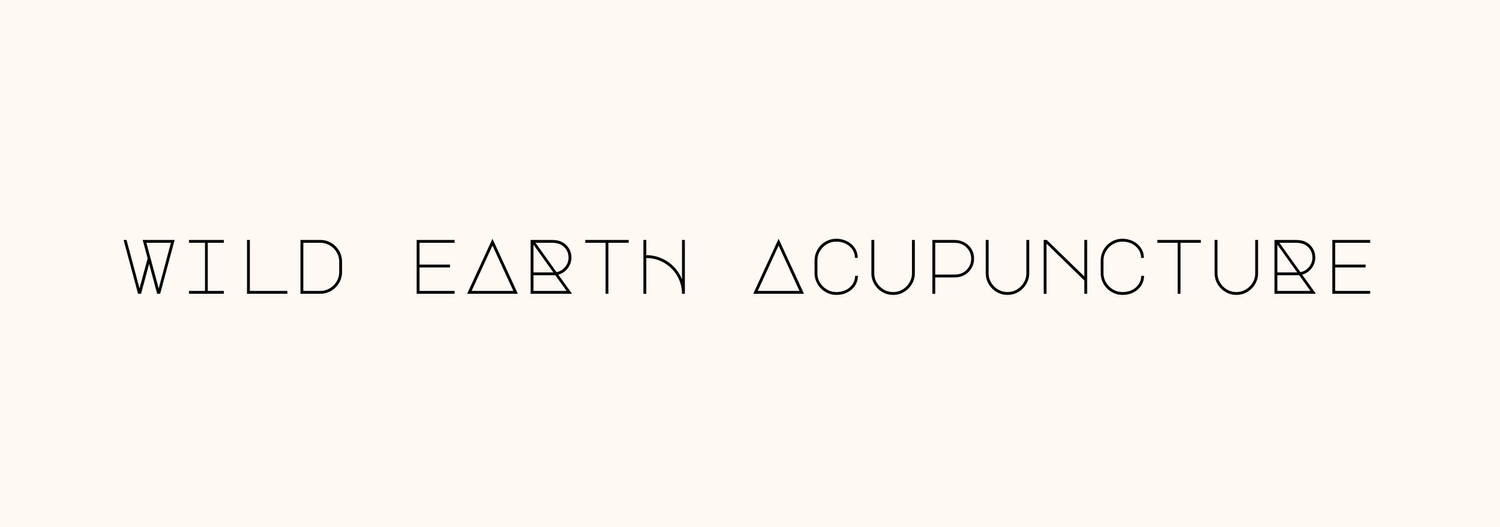


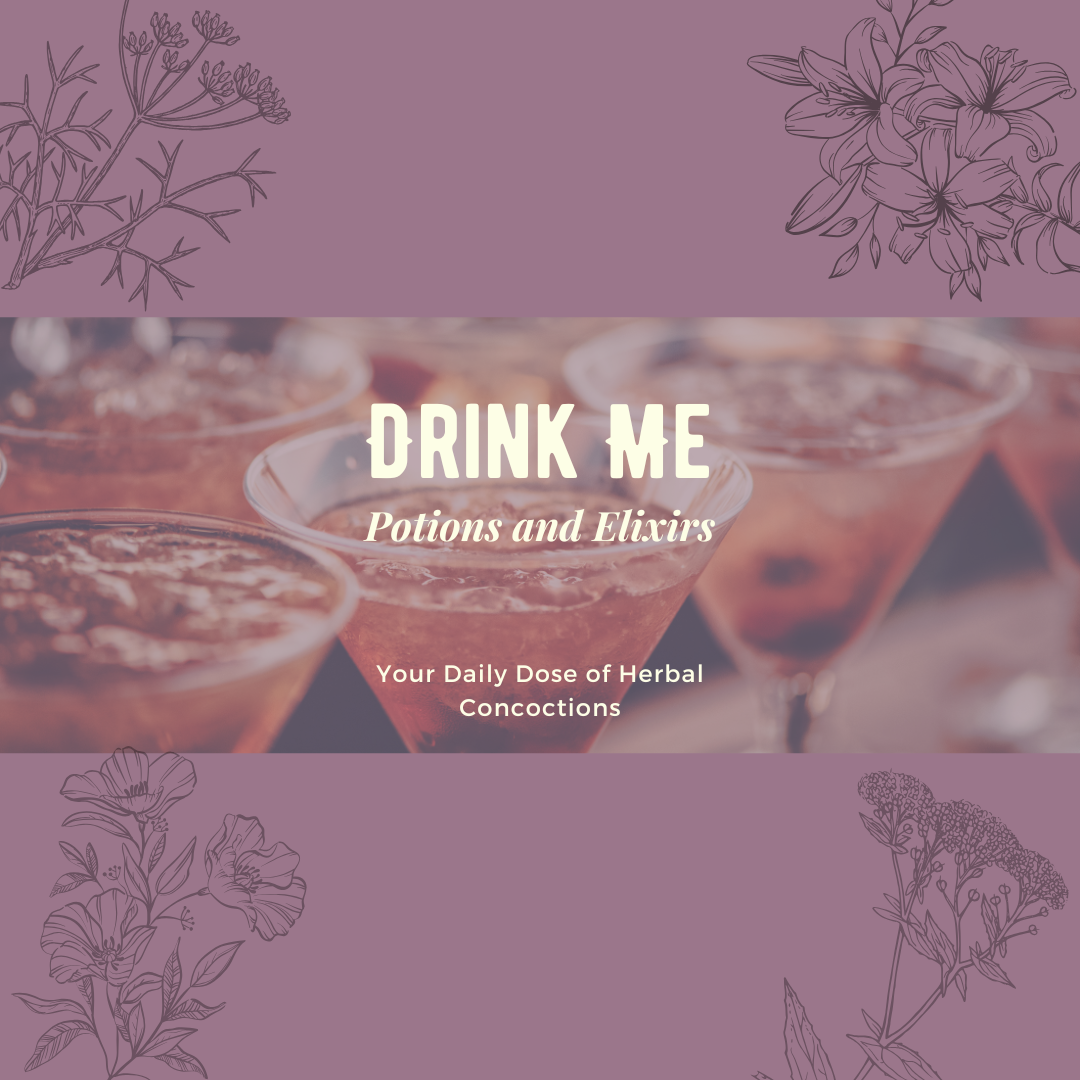
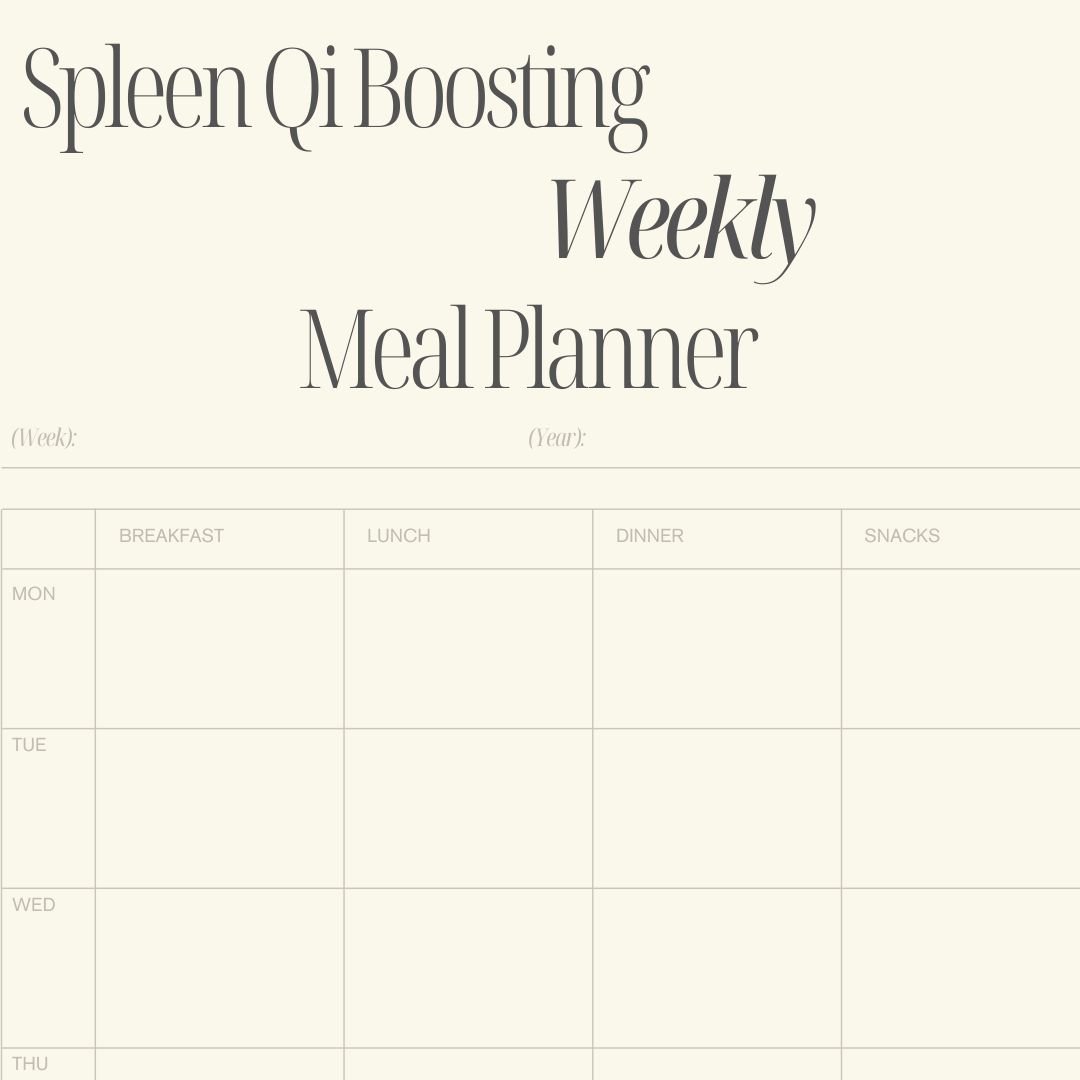
























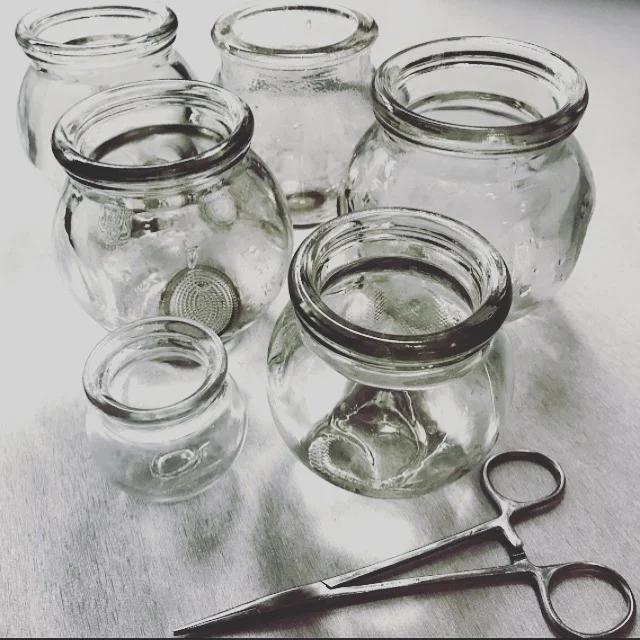

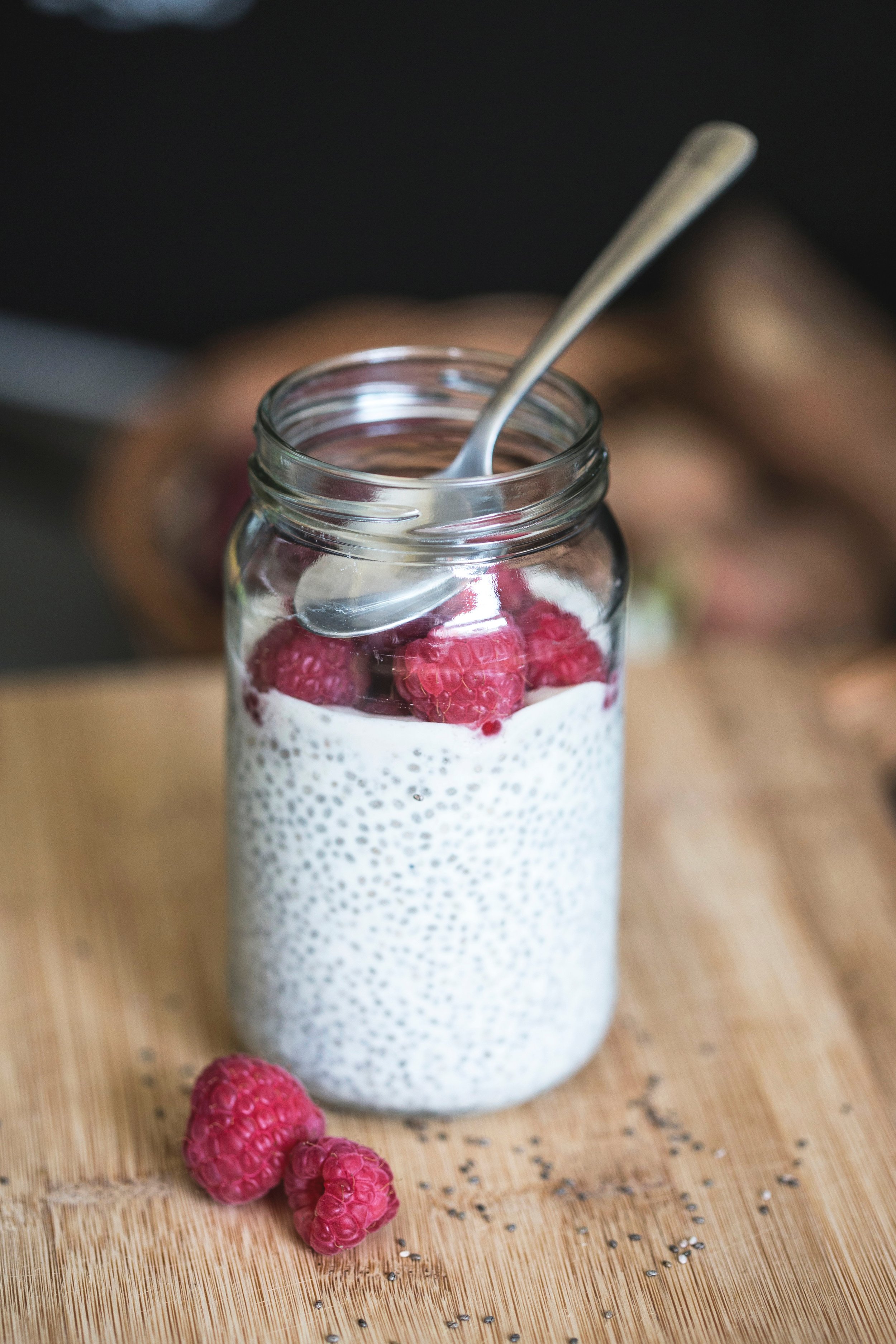





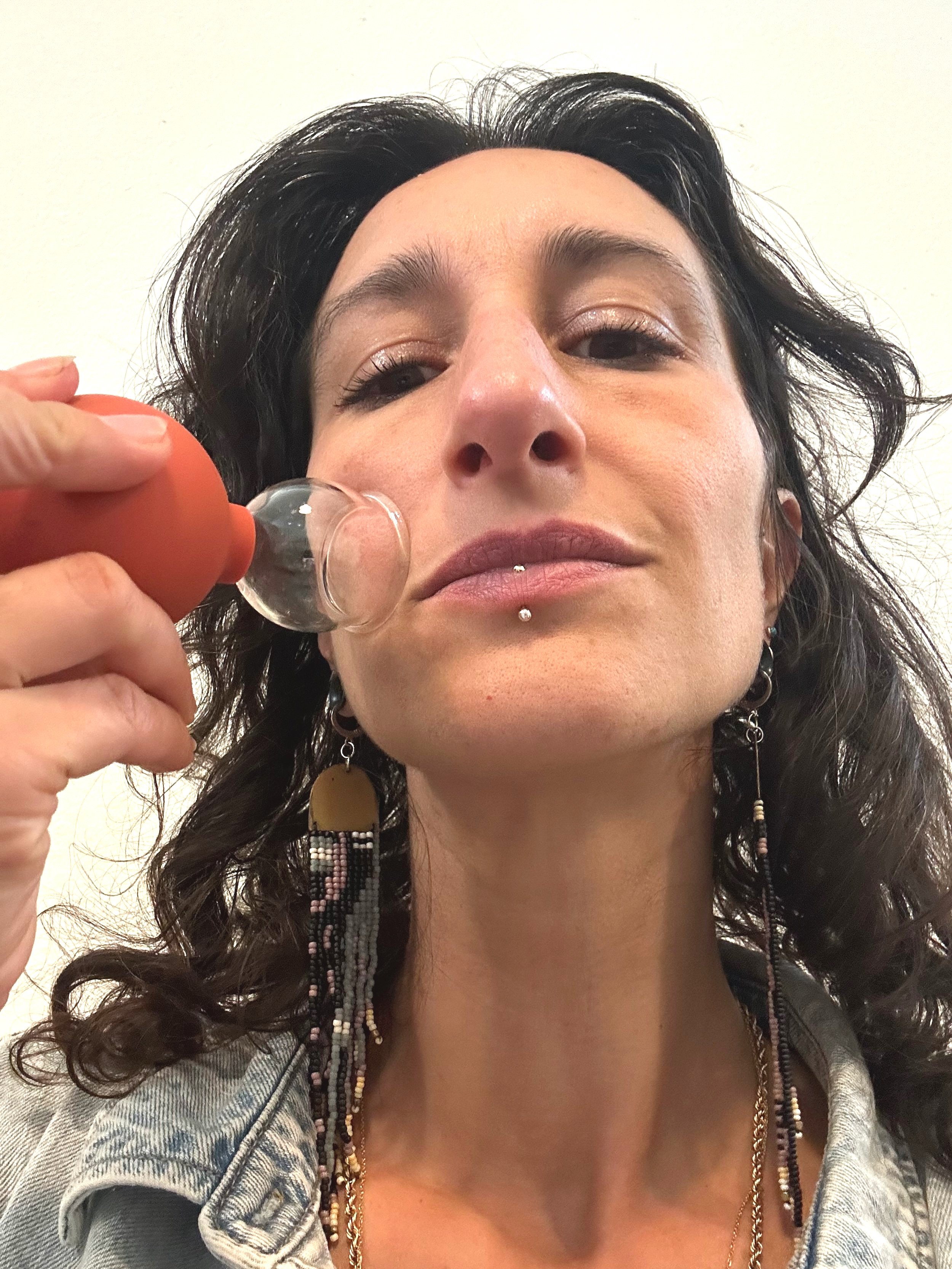

🌿 Love What You See? Want It All? This bundle was made for you! 🌿
Get the ultimate herbal wellness collection in one beautifully curated package. This bundle includes:
✨ Essential Tastes Cookbook – Explore the Five Flavors of TCM through immune-boosting, nourishing recipes.
🥗 Spleen Qi Meal Planners – Two full weeks of meal plans (vegetarian and non-vegetarian) to support digestion and energy.
🫙 Herbal Pantry for Everyday Wellness – Learn the top 10 must-have herbs and exactly how to use them at home.
Whether you’re just starting your herbal journey or deepening your practice, this bundle gives you the tools to nourish your body, mind, and spirit—season by season, meal by meal.
✨ Save big and empower your kitchen with centuries of wisdom—naturally. ✨
$70 value for only $45!